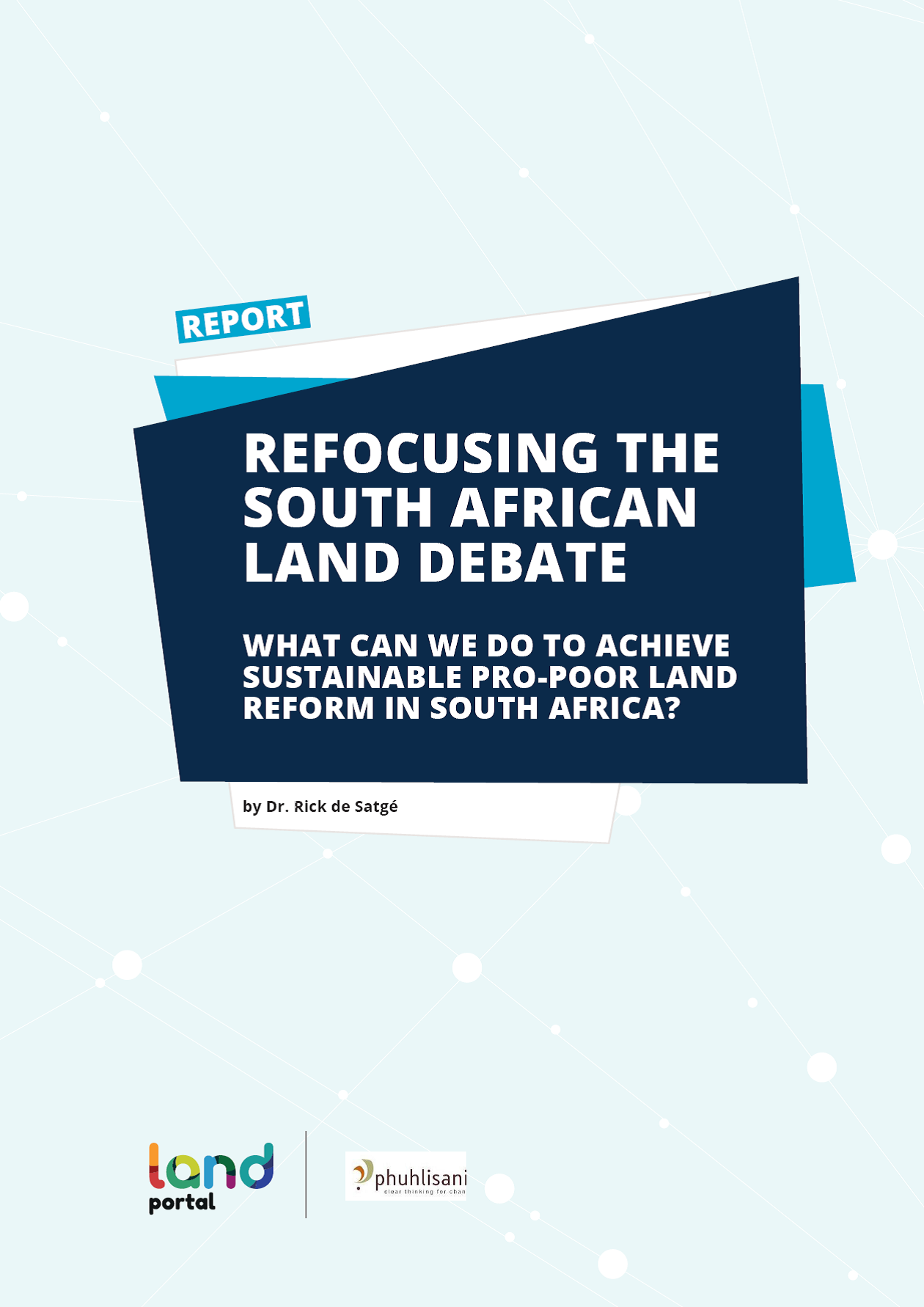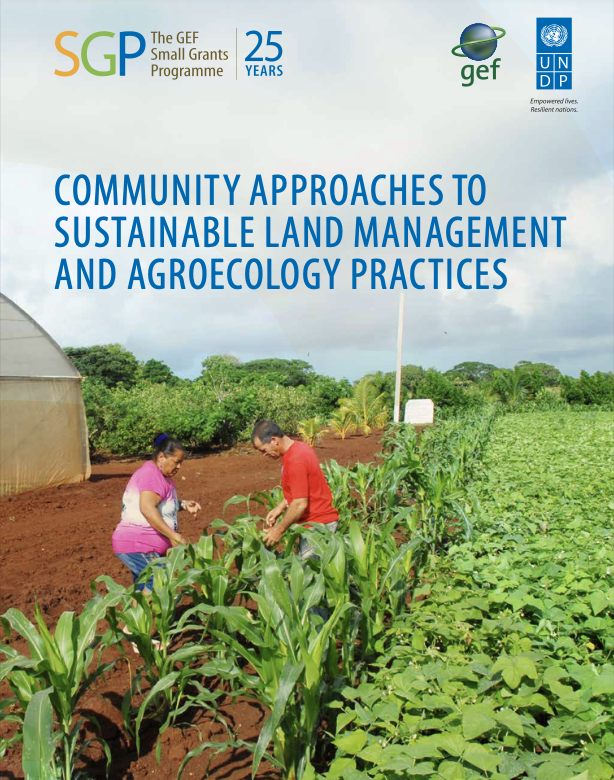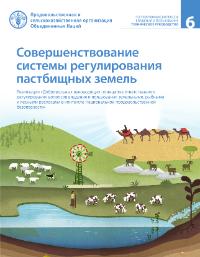Although advances in remote sensing have enhanced mapping and monitoring of irrigated areas, producing accurate cropping information through satellite image classification remains elusive due to the complexity of landscapes, changes in reflectance of different land-covers, the remote sensing…
Urban agriculture is said to be increasing with global urbanization. However, there is little examination of the temporal or spatial dynamics of urban agriculture. We investigated the benefits and challenges experienced by community gardeners in four towns in South Africa, along with GIS…
Innovative, pragmatic approaches are needed to support sustainable livelihoods and landscape management in complex social-ecological systems (CSES) such as river catchments. In the Tsitsa River Catchment, South Africa, researchers and natural resource managers have come together to apply such…
Revisiting South Africa's land and agrarian questions / Grasian Mkodzongi and Femke Brandt -- Broadening conceptions of democracy and citizenship : the subaltern histories of rural resistance in Mpondoland and Marikana / Sarah Bruchhausen and Camalita Naicker -- From material to cultural :…
Revisiting South Africa's land and agrarian questions / Grasian Mkodzongi and Femke Brandt -- Broadening conceptions of democracy and citizenship : the subaltern histories of rural resistance in Mpondoland and Marikana / Sarah Bruchhausen and Camalita Naicker -- From material to cultural :…
This moderated online dialogue was facilitated by Phuhlisani NPC in association with the Land Portal. Phuhlisani NPC has drafted this report on the key issues surfaced through the dialogue.
<strong>Dialogue objectives</strong>
The dialogue provided an online forum to…
Agriculture influences and shapes the world’s ecosystems, but not always in a positive way. More than 2.5 billion people are globally involved as stewards of land and water ecosystems that constitute the natural resource base for feeding the current and future world population. Yet, conventional…
As of 2017, SGP has awarded over 3,800 small grants to land degradation projects in over 120 countries, many of which are in regions with extreme levels of poverty and food insecurity across Africa and Latin America. Africa, in particular, is experiencing the highest population growth of the…
This publication provides an overview of the theory and practice of urban innovation together with perspectives, trends and international experiences in this area. The publication seeks to stimulate debate and creative thinking around different approaches to dealing with every day urban…
In 1913, South Africa’s Land Act set aside 87% of the country’s land for exclusive use and ownership by white people, helping to divide the nation into a relatively prosperous white heartland and a cluster of increasingly impoverished black reserves on the periphery and within cities (Walker,…
Access to safe water and sanitation and sound management of freshwater ecosystems are at the core of sustainable development. This is the aim of Sustainable Development Goal 6 (SDG 6), which includes approaches to water management such as environmental flow requirements, international…
The Voluntary Guidelines on the Responsible Governance of Tenure of Land, Fisheries and Forests in the Context of National Food Security explicitly mention pastoralists as users of the Guidelines and as targets of capacity building. Despite the historical and often ongoing marginalization of…








